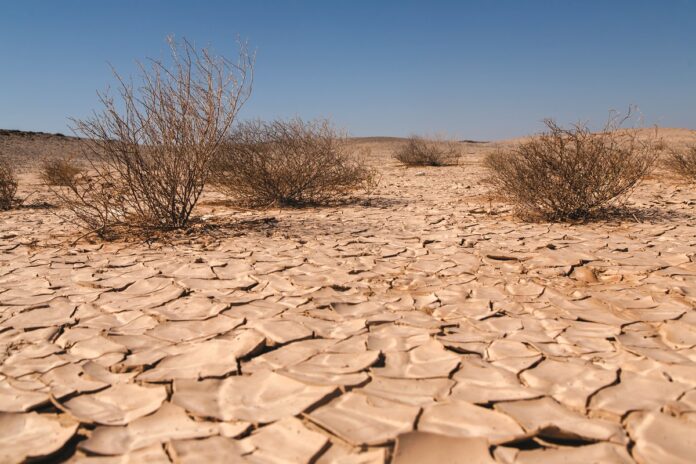A new joint report on climate financing by multilateral development banks (MDBs) in 2019 reveals significant efforts in both adaptation and mitigation for water, wastewater, coastal and riverine activities across all countries where the seven major banks operate.
In total, climate financing by these banks amounted to $61.6 billion, of which $41.5 billion was in low and middle-income countries. The report shows MDB adaptation finance by sector, revealing that 20% has been allocated to water and wastewater operations.
For low and middle-income countries, $285 million was allocated to coastal and riverine infrastructure, and $397 million was given for this purpose to high-income countries. Low and middle-income country water and wastewater systems received $2693 million and those of high-income countries received $261 million.
Divided by region, the Middle East-North Africa (MENA) region received most for coastal and riverine infrastructure, $264 million, followed by South Asia with $157 million and the EU at $134 million. For water and wastewater systems, sub-Saharan Africa was the focus of funding with $826 million allocated, followed by Latin America and the Caribbean at $641 million, MENA at $274 million, and East Asia and the Pacific at $265 million. The EU received $131 million and Central Asia $103 million.
Mitigation finance has also had some focus on waste and wastewater, with $1067 million being allocated to low and middle-income countries and $617 million to high-income countries. By region, the EU was the largest beneficiary with $563 million followed by Latin America and the Caribbean at $444 million and the MENA region at $232 million. South Asia received least finance for this aspect at just $3 million.
Listed project outputs include urban flood protection to address increasing intensity of rainfall, investments to protect bulk water and address rural and urban water shortages due to changing rainfall patterns, and coastal zone protection to address the increased risk of storm surges and salinisation.









